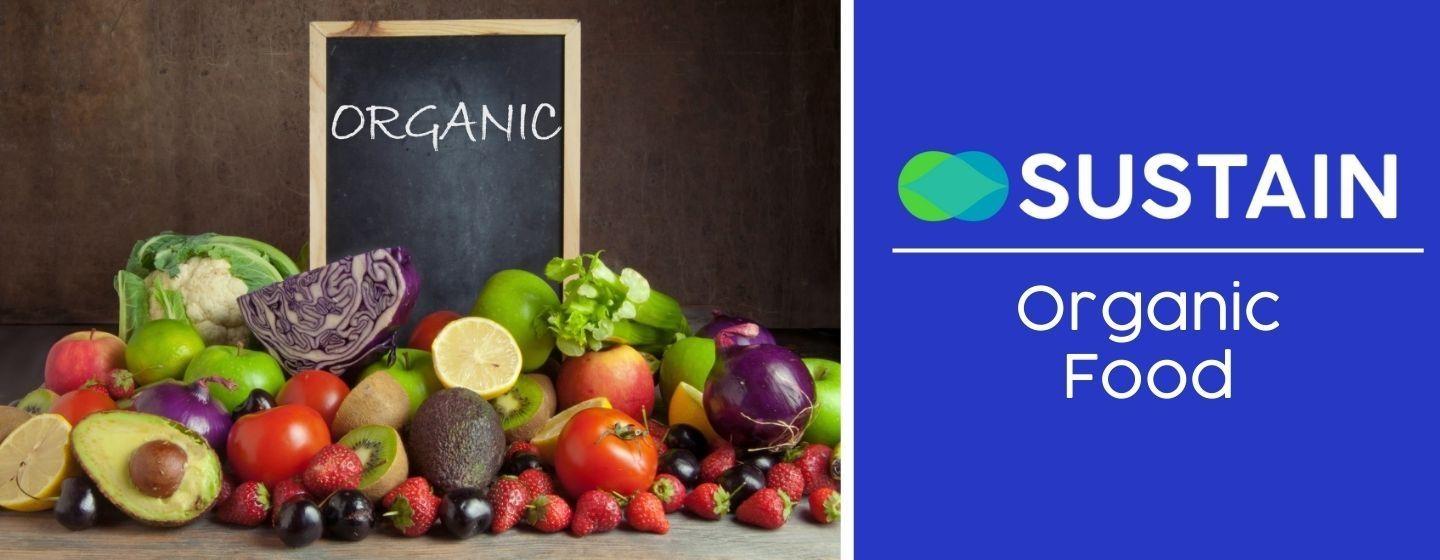Organic Food



Organic food has become a shining star in the world of healthy eating and sustainability. Whether you’re browsing farmers' markets or exploring the organic aisle at your local grocery store, these foods are gaining popularity for their perceived health benefits and environmental advantages. But what exactly makes food organic, and is it worth the hype? Let’s dive in!
What Is the Definition of Organic?
Organic food is grown and processed without the use of synthetic fertilizers, pesticides, genetically modified organisms (GMOs), or artificial additives. Instead, organic farmers rely on natural methods like crop rotation, composting, and biological pest control. The goal is to work in harmony with nature, promoting soil health, biodiversity, and ecological balance. Organic livestock, on the other hand, are raised without antibiotics or growth hormones and are given access to outdoor spaces.
How Is Organic Production Enforced?
To ensure compliance with organic standards, farmers and food processors in the United States must follow strict guidelines set by the United States Department of Agriculture, or USDA. (The head of the USDA is appointed by – and reports to – the President.) These guidelines cover everything from soil quality to pest management and animal welfare. Regular inspections, certification processes, and product labeling requirements ensure that consumers can trust the "organic" label. USDA inspectors will also travel overseas to inspect organic food destined for U.S. markets. Any product labeled as organic must meet these rigorous standards, making it more than just a marketing buzzword.
Is Organic Food More Nutritious?
The question of whether organic food is more nutritious has been widely debated. While the nutrient differences between organic and conventionally grown foods are often small, some studies suggest that organic produce may contain higher levels of certain antioxidants and beneficial compounds. Additionally, organic dairy and meat products have been found to have higher levels of omega-3 fatty acids. While nutrition is just one piece of the puzzle, many people appreciate the peace of mind that comes with knowing their food is grown naturally.
Are There Fewer Pesticides and Other Toxins in Organic Food?
One of the standout benefits of organic food is the reduced exposure to synthetic pesticides and toxins. Organic farming practices prohibit the use of most synthetic chemicals, relying instead on natural alternatives. As a result, organic produce typically has lower pesticide residues compared to conventional produce. For those concerned about long-term health and environmental impacts, this can be a significant advantage.
Why Does Organic Food Cost More?
It’s no secret that organic food often comes with a higher price tag, but there are good reasons for this. Organic farming is more labor-intensive and requires more time and care to manage crops and livestock naturally. Certification costs and smaller-scale production also contribute to the price. However, many consumers view the higher cost as an investment in their health and the environment, supporting sustainable practices that benefit future generations.
Final Thoughts
Organic food isn’t just a trend; it’s a movement toward healthier living and a more sustainable planet. While it may not be a one-size-fits-all solution, choosing organic can help reduce your environmental footprint and limit your exposure to harmful chemicals. So next time you’re deciding what to eat, why not give organic a try? Your body and the planet will thank you!
Did you learn something new? Please take a moment to answer this short survey.